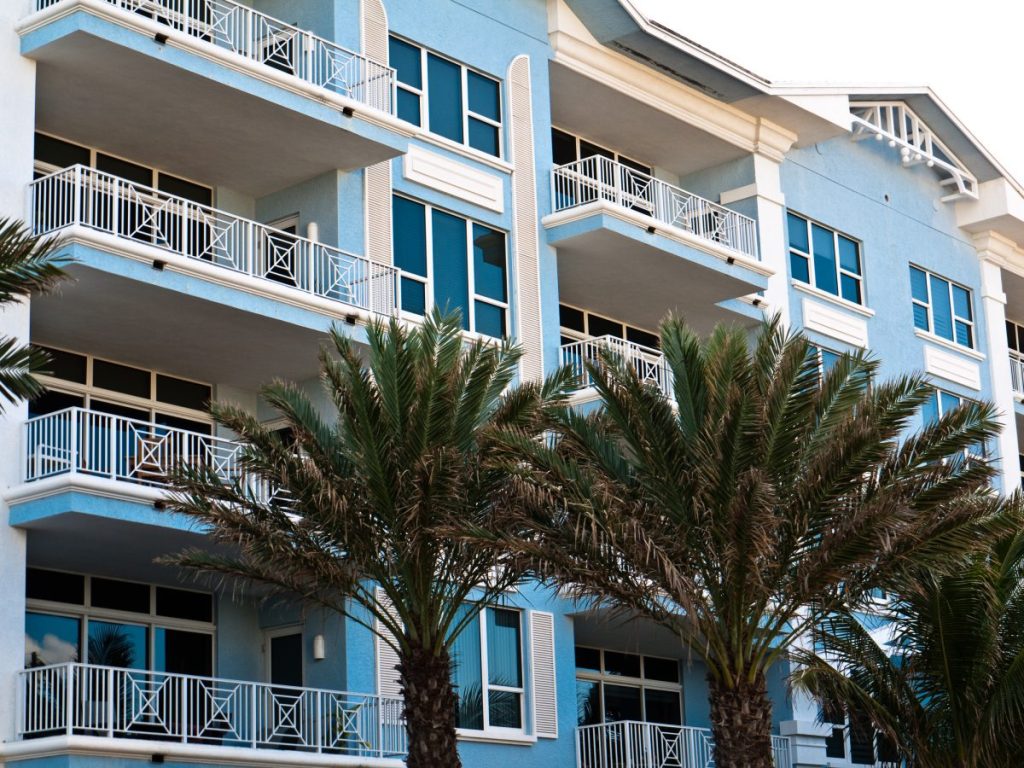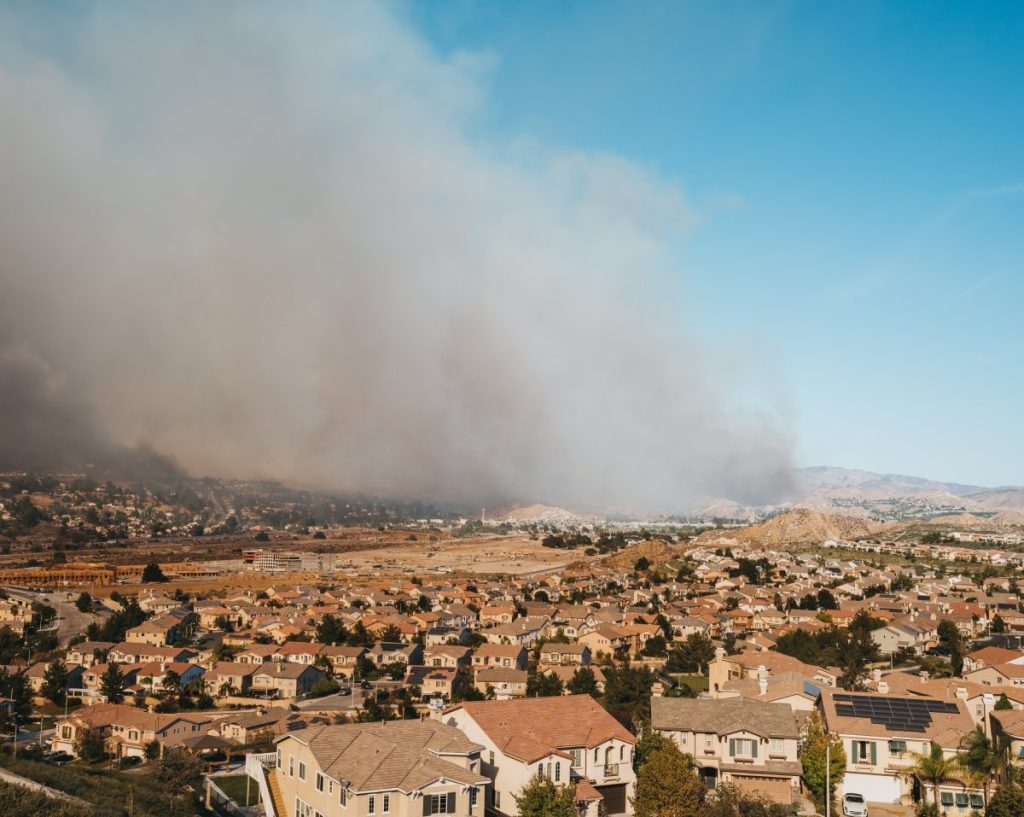Last week, the 11th Circuit Court of Appeals issued its opinion in Buckley Towers Condo., Inc. v. QBE Insurance Corp., No. 09-13247, 2010 WL 3551609 (11th Cir. Sept. 14, 2010). The appeal and opinion dealt mostly with actual cash value (ACV) versus replacement cost value (RCV) damages, as well as law and ordinance damages and prejudgment interest. In a nutshell, actual cash value damages cover the cost of replacing the damaged property, minus depreciation, and replacement cost value damages cover the actual cost expended to replace the property, up to the policy limits. Michelle Claverol explained ACV and RCV calculations in much greater detail in her posts on the Property Insurance Coverage Law Blog titled, Understanding Replacement Cost Coverage: Valuation Issues in Florida, Part 5, and Replacement Cost Value Coverage After a Claim Denial: Florida Valuation Issues, Part 6.
Buckley Towers Condominiums filed suit against its insurer, QBE Insurance, after it appeared that QBE was not going to pay on the association’s insurance claim for the millions of dollars worth of damage Buckley Towers sustained from Hurricane Wilma in 2005. Despite a claim entered for millions of dollars in damages from Hurricane Wilma, the insurance company did not pay any benefits to the insured condominium association. Without any insurance benefits, the association found itself in a situation without money to make necessary repairs.
Under the insurance policy, the condominium association was required to actually make repairs before it would be entitled to replacement cost value damages. At the trial court level, the association’s attorneys successfully argued the doctrine of prevention of performance, essentially arguing that by not paying at least actual cash value on the claim, the insurance company prevented the condominium association from making repairs that would entitle the association to replacement cost value damages. The jury awarded Buckley Towers $11,395,665 in actual cash value (ACV) damages, $18,708,608 for replacement cost value (RCV) damages, as well as ordinance and law damages and prejudgment interest. The final award was $24,986,750.87.
Unfortunately for the insured condominium association, the 11th Circuit Court of Appeals did not agree that the doctrine of prevention of performance should be applied to replacement cost value provisions in insurance contracts when an insurer fails to pay at least actual cash value. The 11th Circuit recognized that it would have been costly, inconvenient, and most certainly a hardship for the association to pay for millions of dollars in repairs without the assistance of insurance benefits, but held that the hardship would not excuse the contractual requirement to actually repair the property before replacement cost value damages could be awarded. The appeals court reversed the trial court’s award for replacement cost value, but affirmed the trial court’s award for actual cash value damages, finding that they had been sufficiently proven.
This decision leaves many unanswered questions for policyholders. For starters, where is one who suffers a large loss supposed to get money to make repairs in order to get replacement cost value? Other issues are equally unsettling in the case, including the supposed election of remedies between ACV and RCV when making an insurance claim that the 11th Circuit discusses. A couple of important notes for policyholders are that this is a federal opinion, which is not binding on Florida state courts, and also that it is an opinion that was “Not Selected for publication in the Federal Reporter.” According to 11th Cir. R. 36-2, “Unpublished opinions are not considered binding precedent, but they may be cited as persuasive authority.”
Chip Merlin will be following up with more analysis of this opinion on the Property Insurance Coverage Law Blog on Wednesday.


